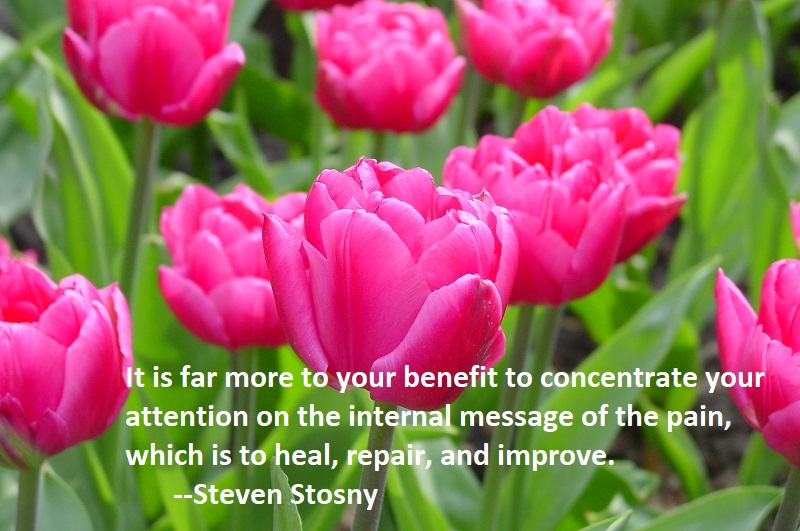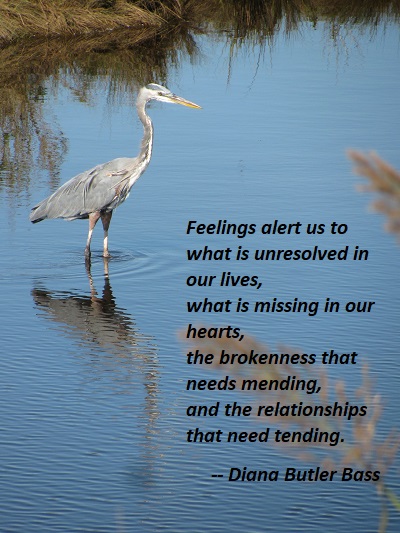
Since that first study, dozens of similar experiments have followed. It turns out that writing about your values is one of the most effective psychological interventions ever studied. In the short term, writing about personal values makes people feel more powerful, in control, proud, and strong. It also makes them feel more loving, connected, and empathetic toward others. It increases pain tolerance, enhances self-control, and reduces unhelpful rumination after a stressful experience.
In the long term, writing about values has been shown to boost GPAs, reduce doctor visits, improve mental health, and help with everything from weight loss to quitting smoking and reducing problem drinking. It helps people persevere in the face of discrimination and reduces self-handicapping. In many cases, these benefits are a result of a onetime mindset intervention. People who write about their values once, for ten minutes, show benefits months or even years later.
Why is this one small mindset intervention so powerful? Stanford psychologists Geoffrey Cohen and David Sherman analyzed over fifteen years’ worth of studies on this mindset intervention and concluded that the power of writing about values is in how it transforms how you think about stressful experiences and your ability to cope with them. When people are connected to their values, they are more likely to believe that they can improve their situation through effort and the support of others. That makes them more likely to take positive action and less likely to use avoidant coping strategies like procrastination or denial. They also are more likely to view the adversity they are going through as temporary, and less likely to think that the problem reveals something unalterably screwed up about themselves or their lives.
Over time, this new mindset builds on itself, and people begin to see themselves as the kind of person who overcomes difficulties. Cohen and Sherman call this a “narrative of personal adequacy.” In other words, when you reflect on your values, the story you tell yourself about stress shifts. You see yourself as strong and able to grow from adversity. You become more likely to approach challenges than to avoid them. And you are better able to see the meaning in difficult circumstances.
— Kelly McGonigal, The Upside of Stress, p. 70-71
[Photo: Stirling Castle, Scotland, July 2003]









